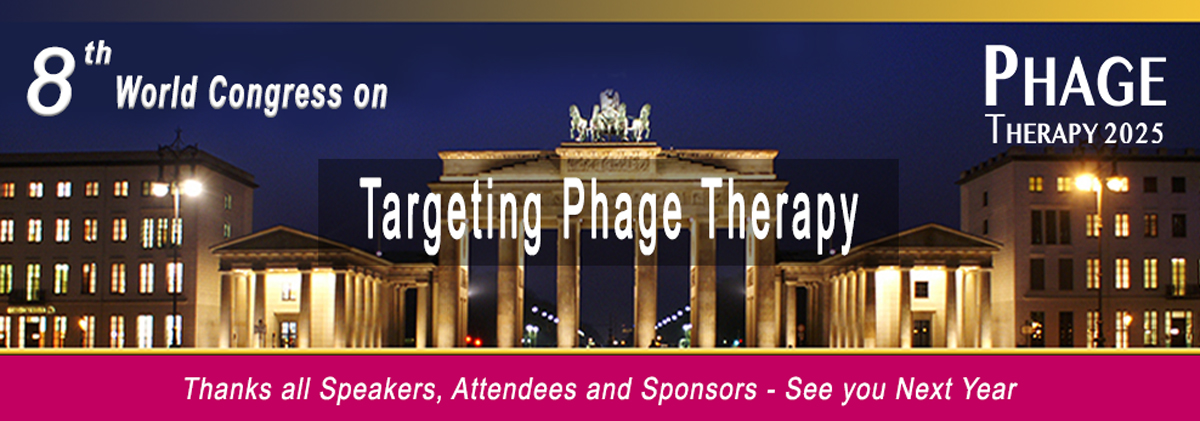
In a significant development, phage therapy is emerging as a solution against antimicrobial-resistant bacteria, marking a shift from conventional antibiotic treatments. Recognizing the intricate connection between bacterial microbiota and gastrointestinal/liver diseases, researchers are aiming to leverage phages’ precise bactericidal action for targeted editing of the gut microbiota.
Fujiki et al. provided an overview of the fundamental virological characteristics of phages and recent discoveries regarding the composition of the intestinal phageome and its alterations linked to liver diseases. Additionally, they examined preclinical and clinical investigations evaluating the efficacy of phage therapy in managing gastrointestinal and liver disorders, while also discussing future outlooks and obstacles in this field.
Preclinical studies indicate that targeted removal of harmful bacteria by phages can lead to improvements in various conditions like inflammatory bowel disease and liver diseases induced by ethanol consumption. However, well-designed clinical trials are necessary to enhance our understanding of phage therapy’s potential in treating gastrointestinal and liver diseases.
Image Description:
Advantages of phages over antibiotics in the context of addressing bacterial infections and dysbiosis.
